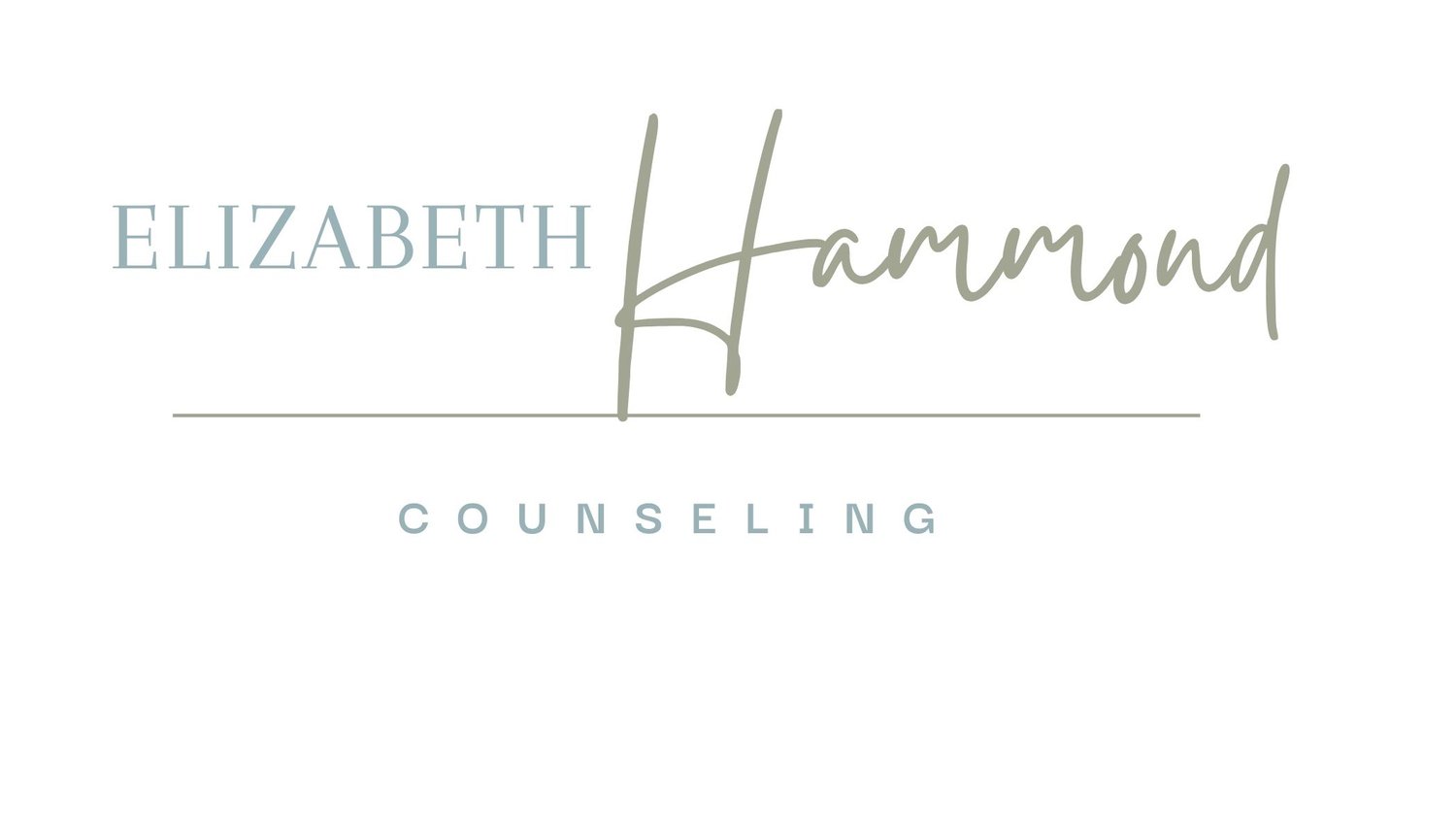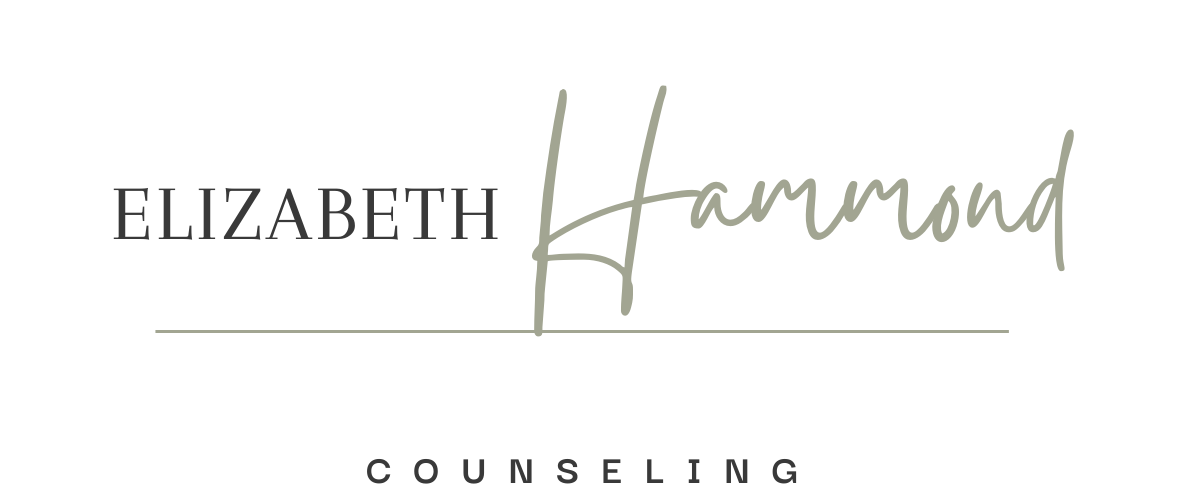How to Tell Your Loved Ones About Your Eating Disorder
Opening up to your loved ones about an eating disorder is a significant step in the recovery journey.
It’s not easy to discuss something so personal, but letting those you trust in can be a turning point. Sharing your struggle isn’t just about informing them—it’s about finding support, reducing feelings of isolation, and lifting the weight of shame.
I want to help you understand why this step matters and how you can confidently approach these conversations.
Why You Should Tell Your Loved Ones About Your Eating Disorder
1. To Get the Support You Deserve
Recovery can be challenging to navigate alone. By sharing your experience, you give your loved ones a chance to support you, whether it’s through providing encouragement, joining you in recovery activities, or simply being there to listen when things feel tough.
Support from those who care about you can help you stay on track.
2. To Feel Less Alone
Eating disorders thrive in secrecy. When you open up, it can diminish the isolation that often accompanies disordered eating behaviors.
You may be surprised how sharing your struggles helps you feel more connected, understood, and accepted by those who love you.
3. To Reduce Shame
Many people with eating disorders experience a deep sense of shame that keeps them from reaching out. However, speaking up can help you release some of that emotional burden.
Remember that having an eating disorder is not a choice, and being open with trusted people can remind you that you are not defined by your struggles.
How to Tell Your Loved Ones About Your Eating Disorder
I recognize that opening up to family and friends and asking for help for an eating disorder can be overwhelming, but taking intentional steps beforehand will help you approach the conversation with clarity and confidence.
1. Make a List of People You Trust
Before initiating these conversations, consider who in your life feels safe, understanding, and supportive. Create a list of people you genuinely trust with this sensitive information. You don’t need to tell everyone—just those who can provide meaningful support.
2. Write It Out First
If speaking directly feels intimidating, start by journaling your thoughts. Writing can help you organize your feelings, clarify what you want to share, and give you a chance to practice what you’ll say.
You might even consider writing a letter or email if that feels more comfortable.
3. Be Clear on What You Need
When telling loved ones, it’s important to communicate not just what you’re experiencing but also how they can help.
Here are some examples to guide you:
“It would be helpful if you could join me for dinner sometime so I can challenge my fear foods.”
“It would mean a lot if we could avoid conversations about weight loss or body size.”
“I need someone I can call when I’m struggling with my thoughts related to the eating disorder.”
4. Remember That You Still Get to Set Boundaries
Well-intentioned loved ones might overstep in their desire to help. Setting boundaries doesn’t mean you’re pushing them away; it’s about protecting your mental health. If someone crosses a line, consider saying things like:
“Thanks for bringing this to my attention; I’ll discuss it in eating disorder therapy.”
“That’s not something I’m ready to talk about yet.”
“I receive advice from my treatment team, and what I need most from friends and family is emotional support, not solutions.”
Eating Disorder Resources for Your Loved Ones
It’s natural for family and friends to want to help, but they may not always know how.
Fortunately, there are resources available to guide them in providing the right kind of support:
National Eating Disorders Collaboration (NEDA): has a variety of tools and information for families of individuals struggling with eating disorders.
FEAST: is a community of caregivers offering valuable insights and support.
Book: Surviving an Eating Disorder: Strategies for Family and Friends by Dr. Judith Brisman provides practical strategies for loved ones.
Final Thoughts
Sharing your eating disorder journey is a brave and personal choice. It’s okay to take your time and do it at your own pace. If you’re not sure where to start or need guidance, consider reaching out to someone like me, an eating disorder therapist, who can support you through these conversations.
Remember, recovery is a journey, and opening up to your loved ones can be an essential step toward healing.
If you’re seeking support with eating disorder treatment or guidance on having these conversations, I can help. Book a one-time 90-minute consultation with me to explore the next steps in your recovery journey. I provide eating disorder treatment support to individuals in Rhode Island, Massachusetts, Vermont, and Virginia.


